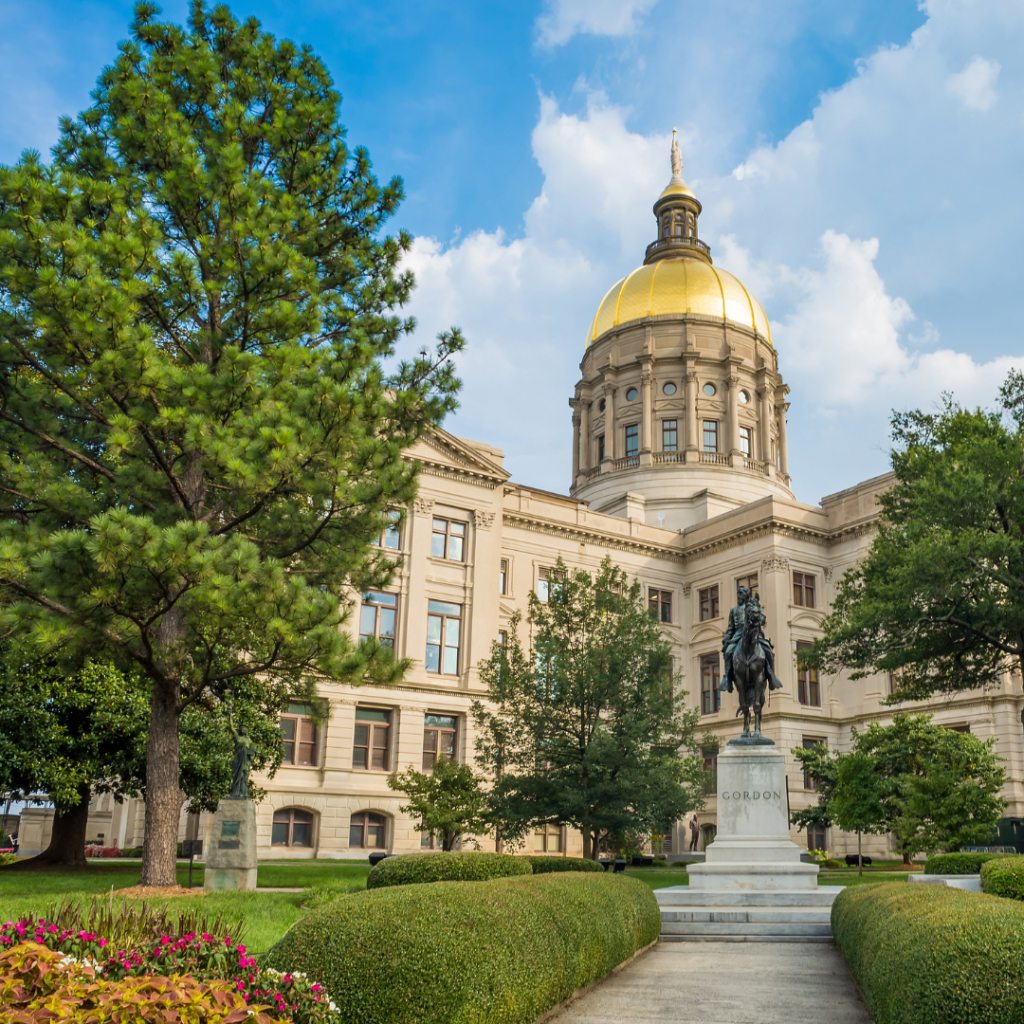Georgia’s Great Green Escapes
It’s one thing to see a picture of the Appalachians or the Okefenokee but another thing entirely to experience these places firsthand.
Those of us who have been lucky enough to make our way around this state know that Georgia is special. While there are a great many things we take pride in, from our deep community bonds to our thriving economy to our sports teams, there are few things more immediately awe-inspiring than our rich tapestry of natural resources.
 Georgia is home to a large variety of ecological gifts, from the soaring Appalachian Mountains to the peaty Okefenokee Swamp to 100 miles of coastline. We boast countless rivers, forests, plants and animals, all of which are essential to the well-being of every single man, woman and child in the state.
Georgia is home to a large variety of ecological gifts, from the soaring Appalachian Mountains to the peaty Okefenokee Swamp to 100 miles of coastline. We boast countless rivers, forests, plants and animals, all of which are essential to the well-being of every single man, woman and child in the state.
With more than 60% of Georgians living in urban areas, millions of us don’t have as much opportunity to behold the full wonder of our natural areas, and there is no better time than the summer to experience them. It’s one thing to see a picture of the Appalachians or the Okefenokee but another thing entirely to experience these places firsthand. A photo of nature captures one sense: vision. And you can get sound with a video. But there is nothing like the scent, the touch and even the taste of nature that can only be experienced in person.
Experiencing nature’s majesty in person makes it abundantly clear how important it is that we conserve and protect it from threats like overdevelopment, pollution and climate change. There are dozens of plants and animal species that are threatened or endangered, including iconic species like the gopher tortoise, red-cockaded woodpecker and gray bat. These species play important roles in the overall health of their ecosystems, with the gopher tortoise supporting over 350 other species alone. The loss of one has the potential to impact thousands of living things.
It’s not just about saving nature for nature’s sake, either. Our natural resources play a massive role in Georgia’s economy. According to the Outdoor Industry Association, outdoor recreation provides an annual $27.3 billion boost to Georgia’s economy. In all, 238,000 people are employed directly within the outdoor recreation industry, which generates $8.1 billion in wages and salaries, working out to about $1.8 billion in state and local tax revenue.
In other words, conserving nature is just good business, and not just for Georgia’s undeveloped natural landscapes. Urban areas are increasingly feeling the heat from the conservation mistakes of the last hundred years, making innovative solutions essential to keeping our cities beautiful and cool. Atlanta, for example, has set ambitious goals, aiming to run entirely on clean energy by 2035 while also expanding urban agriculture programs and restoring its once-incomparable urban tree canopy.
Coastal cities, which are perhaps most immediately at risk from the effects of climate change, are working to make a change as well. The city of Brunswick recently announced its Tree Resiliency Management Plan to help preserve and expand the tree canopy. It is hard to overstate how important trees are to our cities, especially on the coast, as they help to mitigate coastal flooding and improve stormwater retention. Even something as simple as a little more shade from trees can have a huge impact on city heat – if you don’t believe me, just visit New York City in August.
When it comes to nature, it’s not just seeing that is believing – it’s also feeling. I often call on policymakers to act, but today, I’m calling on every single person reading this column to do something – go outside, even if it’s just around your neighborhood. Listen for your local birds and see how many unique plants are around.
Even better, take a weekend to visit the Appalachian Mountains, the Okefenokee Swamp, the coast or Ocmulgee Mounds, which may soon become Georgia’s very first national park, thanks to bipartisan legislation introduced in May by Georgia’s Democratic U.S. Sens. Raphael Warnock and Jon Ossoff, U.S. Rep. Sanford Bishop, and Republican Rep. Austin Scott.
There are also countless smaller parks, preserves, lakes and natural areas that are protected by the state or your local community. Less than 10% of Georgia is made up of these public lands, however, leaving us with plenty of opportunity to expand our footprint of lands conserved for the public good.
We have a responsibility to future generations to protect nature for our collective health and enjoyment, and that starts with knowing just what we’re fighting for.
Tharon Johnson can be seen Sunday mornings on The Georgia Gang on Fox 5 Atlanta and is the founder and CEO of Paramount Consulting Group.







